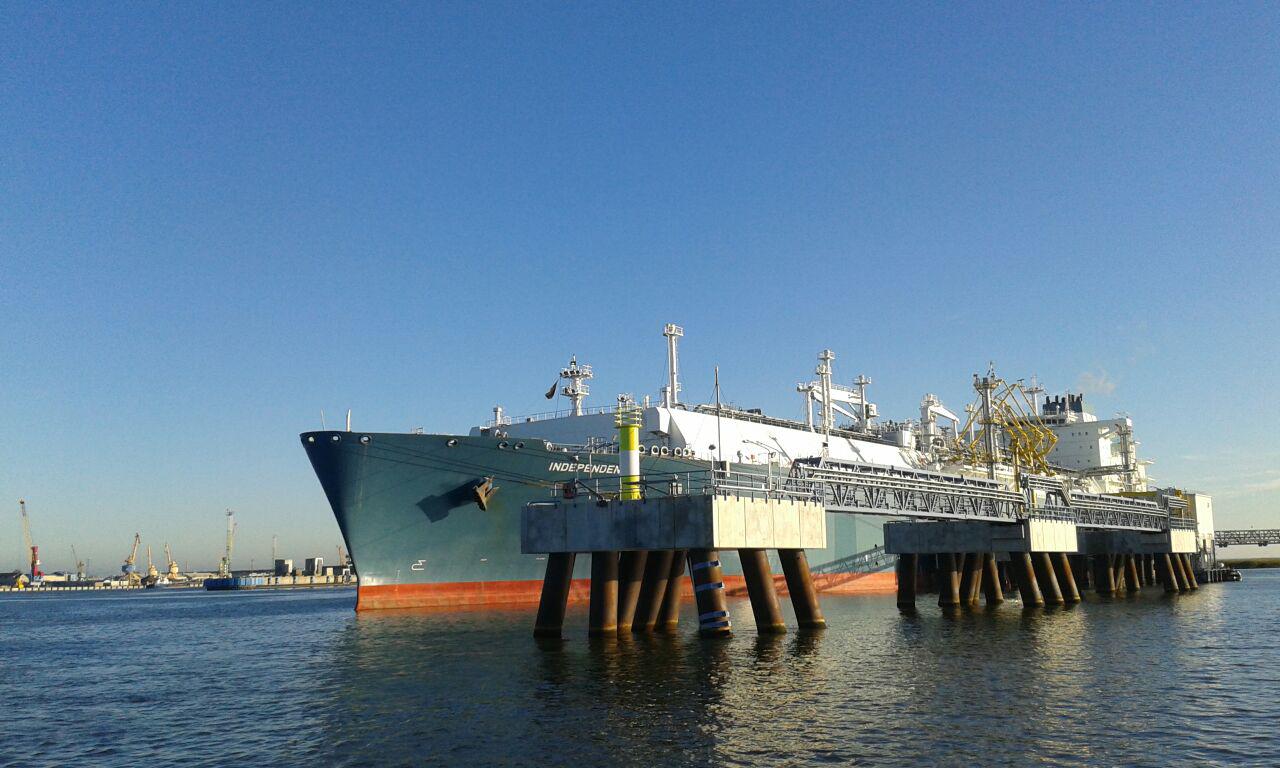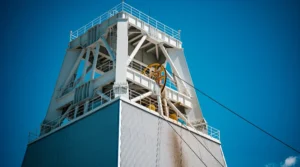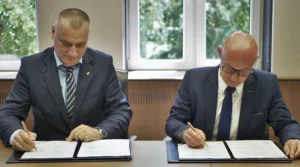Czechia has reserved access to 2 billion cubic meters of gas from the Stade LNG terminal in Germany as of 2027. Poland had conducted market research to verify if there were enough clients to commission a second FSRU unit that would dock at the Gdańsk Bay, but it turned out there weren’t.
Czech Prime Minister Petr Fiala has revealed that the state-owned CEZ has decided to reserve the capacity at a stationary LNG terminal in Stade, Germany. The facility is supposed to be ready in 2027 and before that happens Germans will get a FSRU at the turn of this year.
The Stade LNG Terminal with a planned capacity of 13.3 billion cubic meters a year is being built in Lower Saxony at an accelerated pace as a result of the energy crisis fueled by Russia. The contract is for 2 billion cubic meters a year for 15 years with an option to extend for another decade. The Czech Republic has also a reserved capacity of 3 billion cubic meters at the Eemshaven terminal in the Netherlands. The country consumes about 6 billion cubic meters og gas a year. Apart from CEZ, Germany’s EnBW and Securing Energy For Europe also booked capacity at Stade. The latter company was formed after Gazprom Germania’s assets were nationalized.
The Poles considered bringing in two FSRUs, including one for the needs of their neighbors with Czechs as one of the main clients. The capacity of the first unit in the annual amount of 6.1 billion cubic meters was reserved entirely by Poland’s Orlen. The second unit could reach a capacity of up to 4.5 billion cubic meters annually, but required binding declarations from the market, which could not be collected. The Poles plan to launch the first FSRU in 2027.
LNG deliveries from outside Russia will allow the Czech Republic and other countries in the region to abandon the Russian fossil fuel by 2027, according to the EU’s REPowerEU plan.
Reuters / Wojciech Jakóbik









